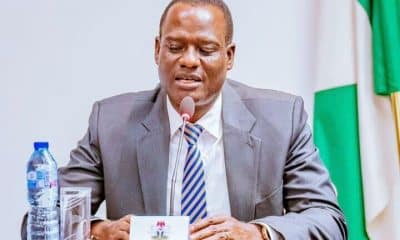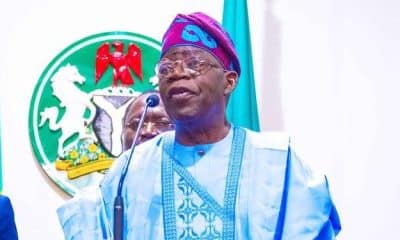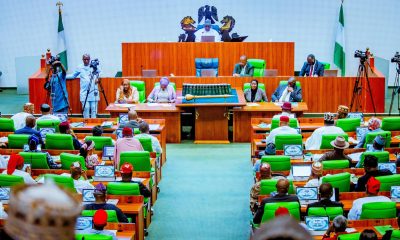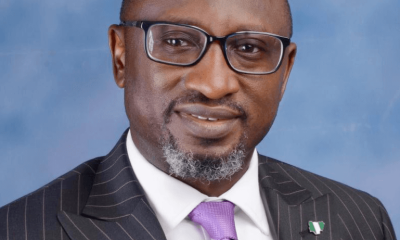Nigeria News
House Minority Leader, Chinda Advocates Debate On Controversial Tax Reform Bills
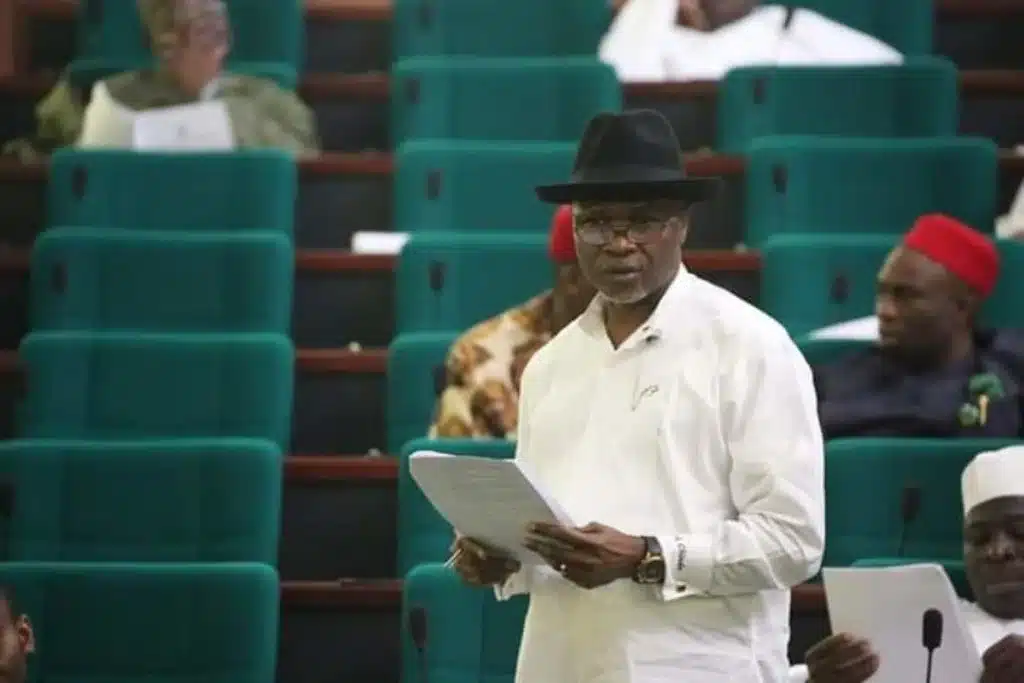
The Minority Leader of the House of Representatives, Kingsley Chinda, has urged lawmakers to commence deliberations on the contentious tax reform bills, assuring Nigerians that any clauses deemed detrimental to public welfare will be removed.
Speaking in an interview with Punch, Chinda, who represents Obio/Akpor Federal Constituency in Rivers State, expressed optimism that the bills would likely pass the second reading in the Green Chamber.
However, he emphasized that the legislative process was far from over.
He said, “As a caucus, we want to ensure that all laws made by the parliament would be for the peace and good governance of the country. The tax bills are executive bills and must be thoroughly scrutinised to ensure that they have a human face and are in the interest of the nation.
“We must put into consideration the realities on the ground and the feelings of the people in whose interest the laws are made.”
The Rivers lawmaker added, “Note that tax issues are always not received with joy by the populace anywhere in the world. Most often, it’s always a fight between the haves and the have-nots in society. Everyone is suspicious of tax bills.
“Today in Nigeria, we want to see a tax regime that will be fair to the lower class and, at the same time, encourage investment by tackling the monsters of multiple taxation, hidden taxes etc.”
On the position of the minority parties in the House, Chinda ruled out the notion of rejection of the bills, stating that the caucus only pleaded for time to study the proposals and come up with a position.
“We, the minority caucus, only sought time to enable us to properly study the bills and generate areas for further discussions and possible tinkering before they are passed.
“We are not unaware that passing it for a second reading does not mean that we consent to all the contents. They will go for a public hearing and the committee report will come for clause-by-clause consideration; that is where we shall shoot down offensive clauses or amend them, as need be.
“At the second hearing, the argument is on the general principles of the bills (merits and demerits ), and a general vote is taken on whether they should go to the relevant committees for public hearing,” he added.
In what sounded like good news for the promoters of the bills, Chinda added, “As a parliament, we will not easily kill any bill at a second reading except if the bill is incurably bad or if it is unconstitutional or outside the powers of the National Assembly (a subject matter in the residual list).
“We are likely to pass the tax bills for a second reading and get input from the public, but certainly, some clauses will not survive, and some terms will need to be properly defined and made clearer.
“Areas of ambiguity will be clarified. The bills will not fly out of parliament, the same way they flew in. Their nature and form will be altered before they fly out and be rest assured that the alterations will be in the interest of the people and the country. That is a task we must accomplish without a physical fight but through legislative machinery and manoeuvres.”

